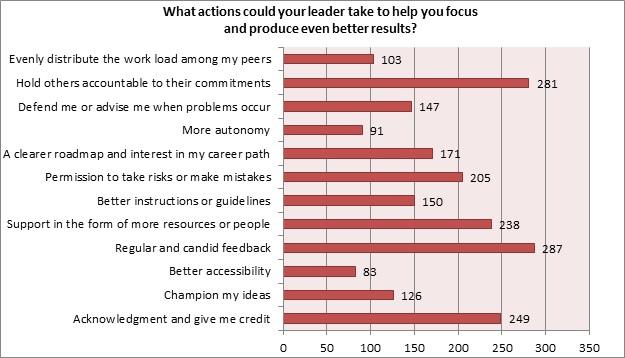Really, this shouldn’t be funny – but I can’t stop laughing and shaking my head about it. I was recently at our neighborhood homeowners’ meeting where several of us disagreed with actions taken by our association leadership. Apparently, my words made one of my neighbors very angry. He wanted to make sure I knew his irritation with his own “candid” feedback. That night he drove by my house and flung the book I gave him (in which I am the author) into my yard.
Luckily, the sprinklers weren’t on so I could read his “autographed” message to me. On the page I’d personalized to him, he wrote that I needed more help on how to stop complaining than he did. Ouch! (By the way, the title of the book is Stop Complainers and Energy Drainers. See what I mean- it’s funny!).
There was a time in my life when his behavior would’ve really hurt my feelings. While I did reach out to him to talk about the event and express concern for our continued friendship, I did not apologize for respectfully disagreeing with his position.
The book throwing was candid feedback delivered in a way I couldn’t miss the message. My neighbor didn’t appreciate my comments and he clearly let me know how he felt! In the High-Performance survey I conducted for my book The Manager’s High-Performance Handbook: How to Drive Winning Performance with Everyone on Your Team, the #1 action a leader can take to help his/her team produce better results is: provide regular and candid feedback.

In addition to regular and candid feedback, survey respondents said the actions leaders most need to take are:
Hold others accountable to their commitments
Acknowledge me and give me credit
Support in the form of more resources or people
Permission to take risks or make mistakes
Set clear expectations of tasks to be performed and desired outcomes.When direction is vague, people are left to create their own interpretations and it often leads to work drama. When I practiced employment law, no employee ever said they received too much feedback. Instead, most spoke of rare performance reviews, little to no coaching and now wondered why they were being disciplined or terminated. Great leaders know the best way to lead employees is to over communicate so there are “no surprises” on performance.
Communicate strategy from leadership. Relaying directives from upper management goes a long way in encouraging performance, especially if you have the reasoning behind the decisions. Also, it makes your job as a leader easier if you can share how your team’s objectives and work fit into bigger goals.
Publicize your team’s purpose. When your team’s purpose is publicized, the low performers may “self-select” themselves out. Meaning, people may not interview for a team or may find another team to join which doesn’t have to uphold your team’s high standards. When low performers choose to leave a team voluntarily, it prevents you from wasting valuable time and effort trying to motivate or reform them.
Candidly, I wouldn’t suggest throwing a book at anyone or in anyone’s yard no matter your frustration. However, I highly recommend regular communication with those on your work teams. Provide your people with a clear idea of what actions are expected and why. Your honest, caring feedback paired with expectations and direction will lead to innovation, better collaboration and winning results.
Journey On with No Complaints!
About Linda: A recognized authority on negotiations, workplace issues and strategic communication, Linda Byars Swindling, JD, CSP is an author, media expert, a “recovering” employment attorney, and a professional speaker. Follow Linda on twitter @LindaSwindling.
